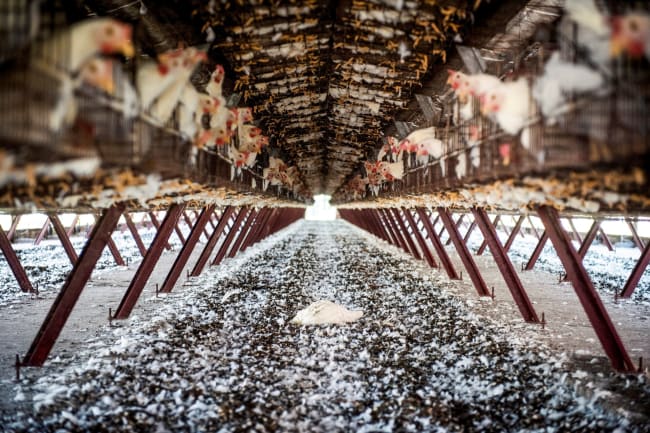Michael Montague, PhD, is a senior scholar at the Johns Hopkins Center for Health Security and an assistant scientist in the Department of Environmental Health and Engineering at the Johns Hopkins Bloomberg School of Public Health. He also holds a joint appointment as a research associate with the Future of Humanity Institute at the University of Oxford. His expertise spans a variety of disciplines, including synthetic biology, bioinformatics, and astrobiology. He has worked in the field of biosecurity studying the areas of synthetic DNA sequence screening and characterization, the genetics of human performance, existential risk, and biosecurity threat models informed by recent advances in biotechnology. Dr. Montague’s work at the Center is focused on the implications of new biotechnologies to biosecurity, with an emphasis on the potential for deliberate hostile events targeting agriculture and industry rather than accidental or natural events that involve human health. He is currently studying the technological and economic limits of securing agriculture, with an emphasis upon artificial light-driven closed bioreactor-grown food such as microalgae.
Prior to joining the Johns Hopkins Center for Health Security, he was a staff scientist at the J. Craig Venter Institute in Rockville, Maryland, where he was part of the first group to produce a living bacterial organism driven by a fully synthetic genome. He also participated in the development of a number of the tools that have come to define the field of synthetic biology including yeast spheroplast assembly, Gibson assembly, overlap design, biologically neutral watermarking by encoding text data into DNA, and quality control work. He applied these tools when he participated in the development of rapidly deployable flu vaccine technology using gene synthesis technology. Dr. Montague is a member of IEEE Engineering in Medicine and Biology Society and the Mars Society. He received a PhD in microbiology from the University of North Carolina at Chapel Hill in 2005.
